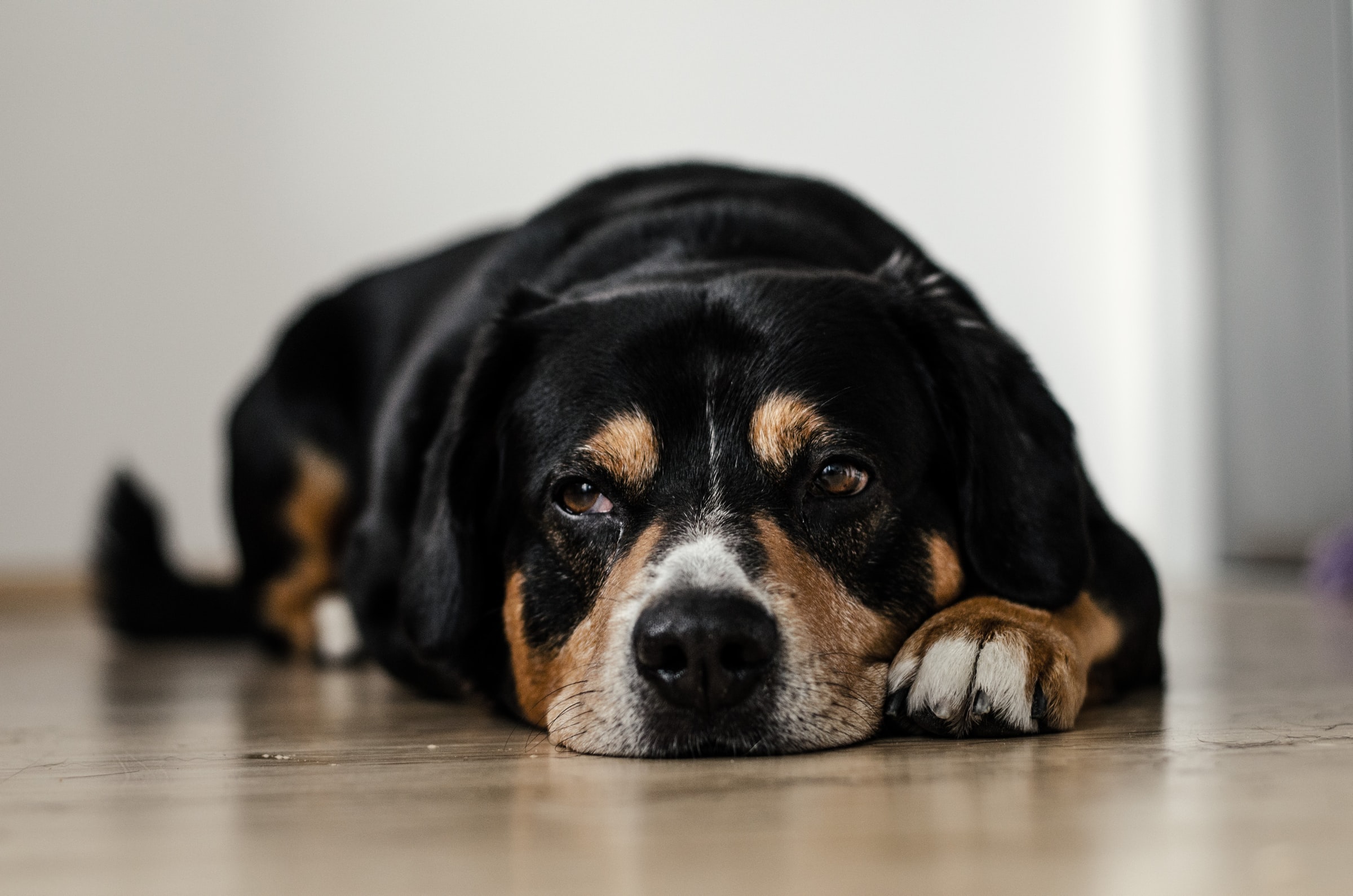
If your dog has a slightly graying muzzle, they may be entering the old or senior phase of their life. Although the standard age range for senior dogs varies by breed and size, pet parents should be alert to the signs of aging and make the necessary adjustments to provide their pets with the best senior dog care. So, without further ado, let’s dive further into this blog and learn some of our tips for taking care of an older dog.
1. At what age does a dog become senior?
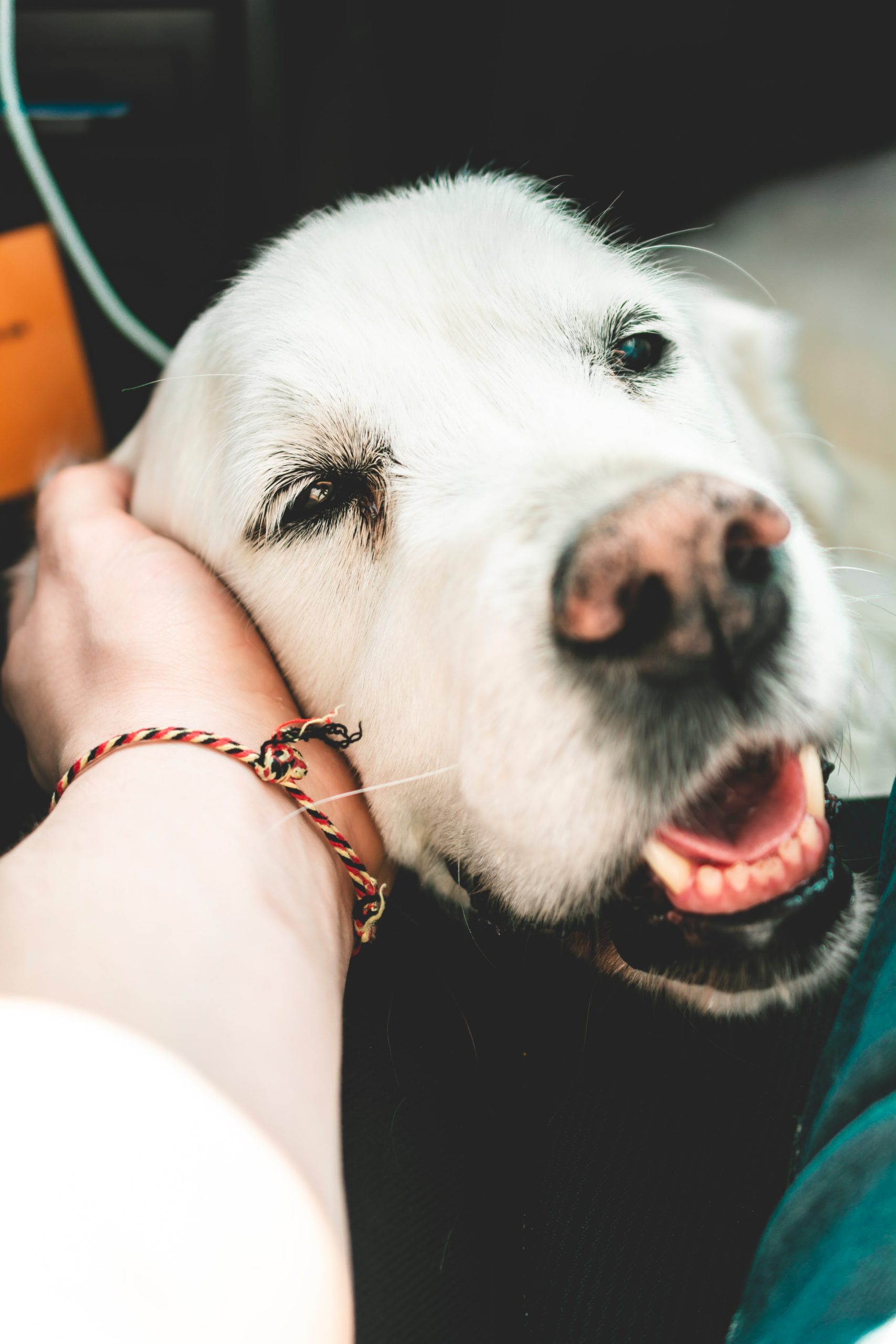
Things are not that simple! And contrary to what we often hear, it is not enough to multiply by 7 to obtain the equivalent of your dog’s age compared to you. In summary, you have to consider their size with dogs: small, medium, or large.
A small one-year-old dog is equivalent to 20 years old in a human; 18 years old in a medium dog; and 16 years old in a large dog. At 14 years of age, a small or medium-sized dog is a centenarian. During the first few years of life, a dog grows about 15 times faster than a human!
When your dog turns into a senior dog, it all depends on the breed or type of dog you have. Large dogs have a shorter life expectancy than small dogs and age more quickly. This should be taken into account when choosing your new companion. A Chihuahua, for example, will not age as quickly as a Great Dane.
2. Does my older dog still need to be vaccinated?
Absolutely, and it is essential! Just because your dog is older doesn’t mean he’s protected and immune to diseases, viruses, and bacteria. In fact, sometimes the opposite is true, as your dog’s immune system can become weaker as they age. Therefore, it is important to continue with regular vaccinations as recommended by your veterinarian. It is also important to treat him every month against internal parasites (intestinal worms) with a dewormer, and external parasites: fleas and ticks in the first place, by using an adapted antiparasitic.
3. How often should I go to the vet?
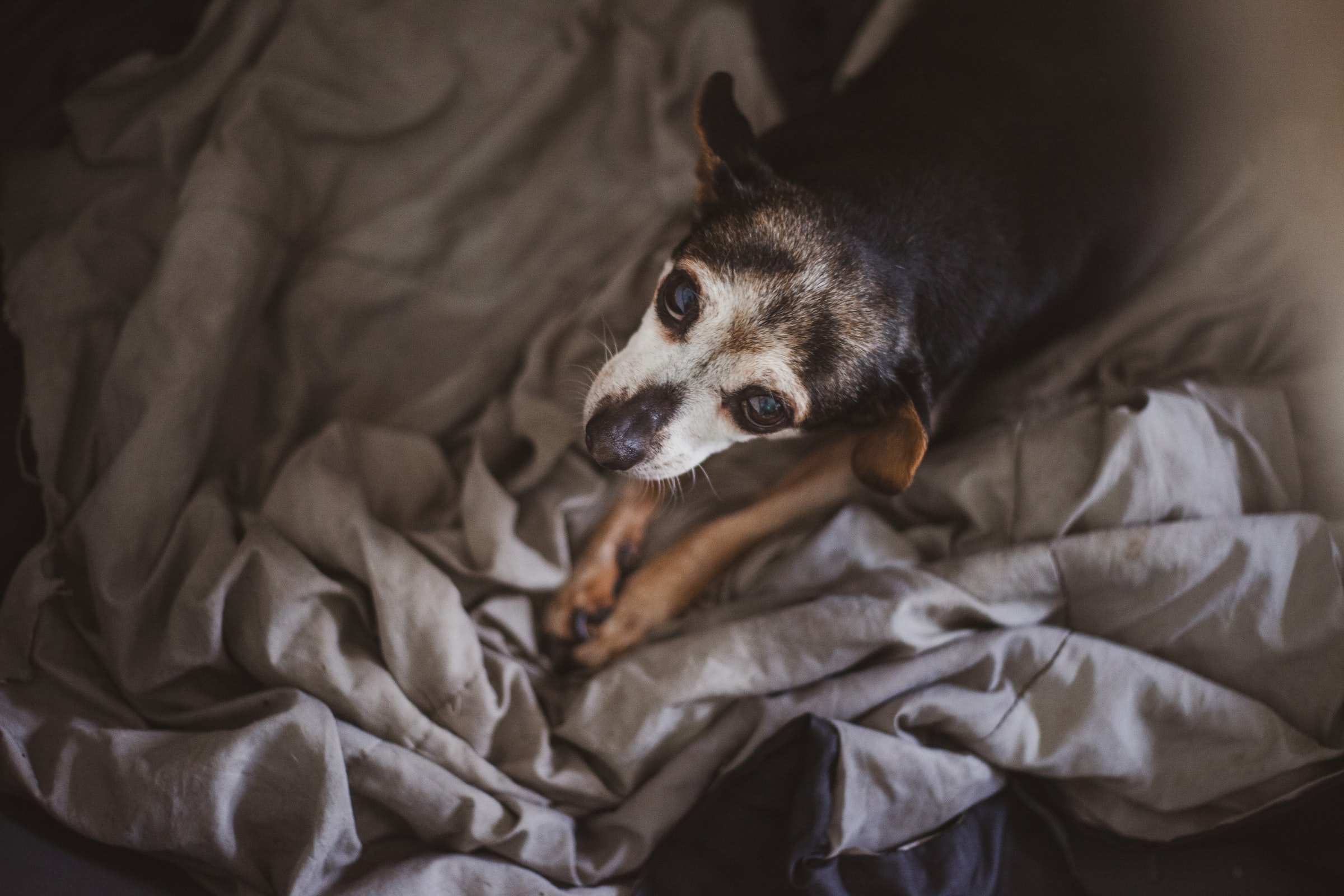
It is recommended to have a check-up twice a year on average at your veterinarian’s office when your dog gets old. This allows you to make sure that everything is fine. And, in the worst case, to quickly implement a treatment to stop or slow down a declared or underlying disease.
Your dog’s pet health insurance covers these visits, treatments, and follow-ups if necessary. You will be reimbursed according to the plan you have purchased. This is a good precaution and helps manage your senior dog’s health budget. Better be safe than sorry with this; your dog can’t speak, so you can’t tell when you aren’t well, and your veterinarian will be able to help you out with this.
4. When my dog gets older, what signs should you look out for?
You need to listen to your senior dog. But who knows them better than you? There are a few signs that should alert you and prompt you to consult your veterinarian. These include a tendency to drink excessively, lameness, even if it disappears after your dog wakes up and gets up, shortness of breath, coughing, weight gain, or weight loss. And any noticeable change in his behavior.
It is indeed possible to change your dog’s diet to adapt it to their age and to their needs that evolve with age. While keeping the same brand and remaining in the same range, you will find the food that will suit them in our stores. Similarly, if your older dog suffers from an illness, your veterinarian may prescribe a so-called “therapeutic” food to complement the appropriate treatment. This will keep him healthy for as long as possible.
5. Should I limit my outings as I get older?
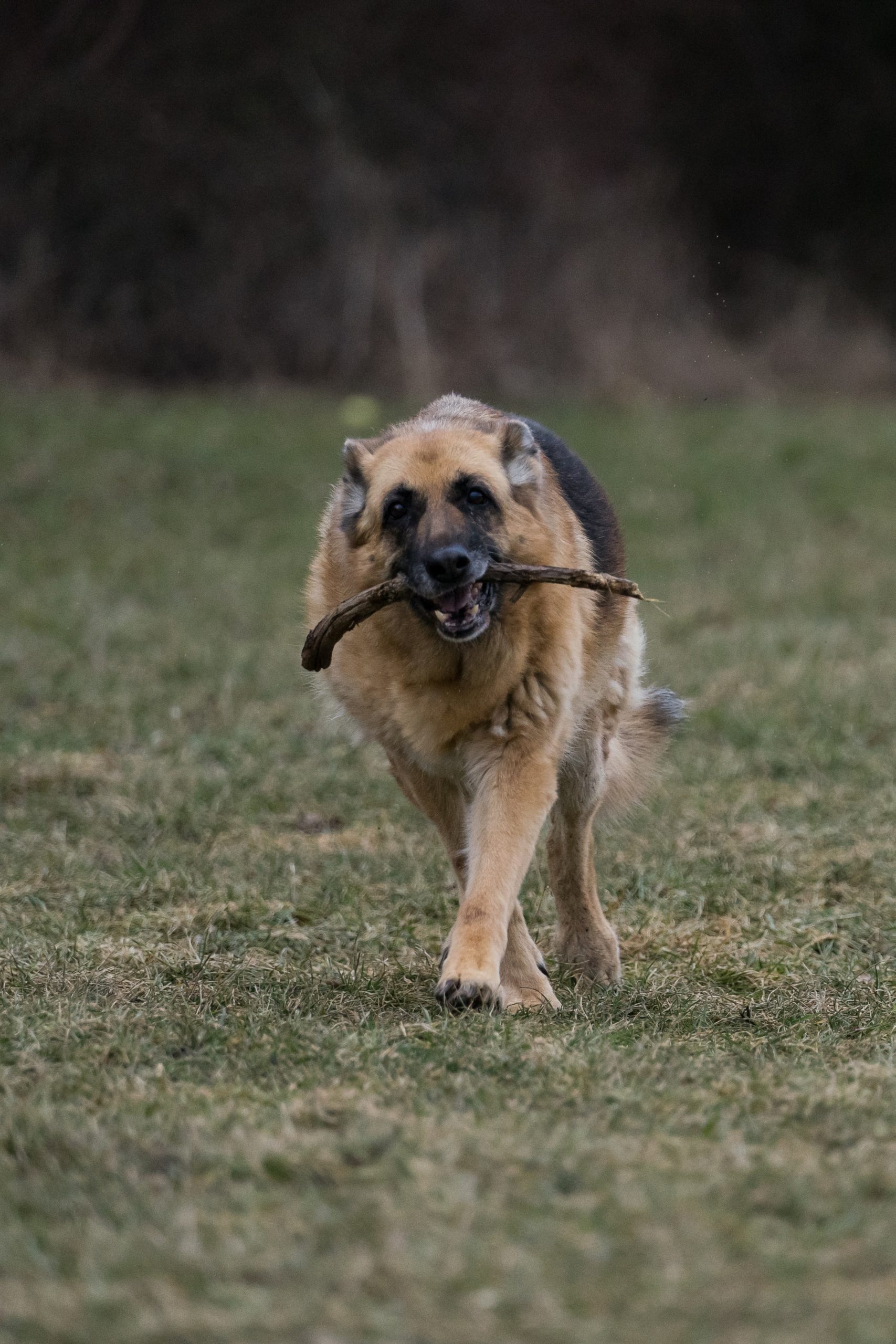
Not at all, on the contrary! Even when they are old, you will see that your dog will always enjoy going out and accompanying you. Some even stay playful for a long time. More than ever, your senior dog needs your presence, your affection.
You have to respect his rhythm, which will not be the same as that of a puppy or an adult dog, even if it means having to stimulate him a little! The efforts will be moderate, but you will have to continue to offer him a “normal” life.
Sound off in the comments section below and tell us what you want to read next and if you want to read more about taking care of an elderly dog.




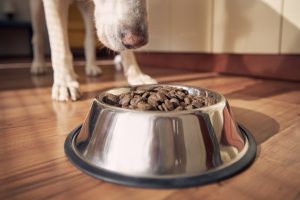

1 thought on “Top 5 Tips For Taking Care Of An Older Dog”